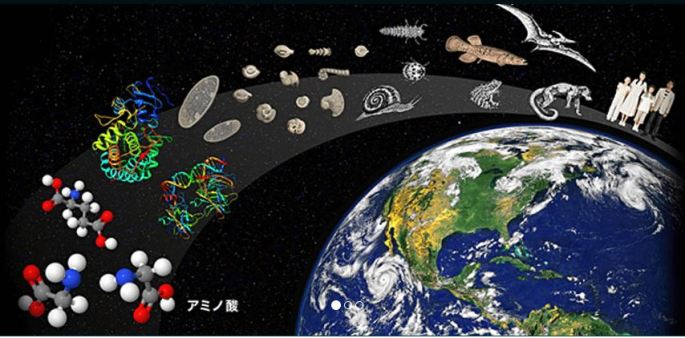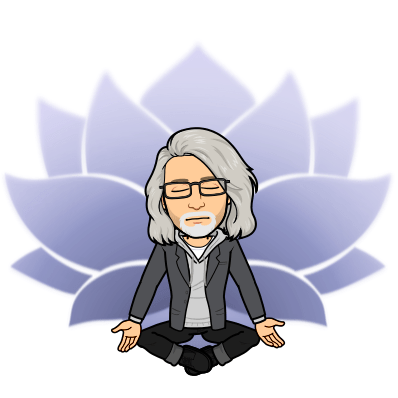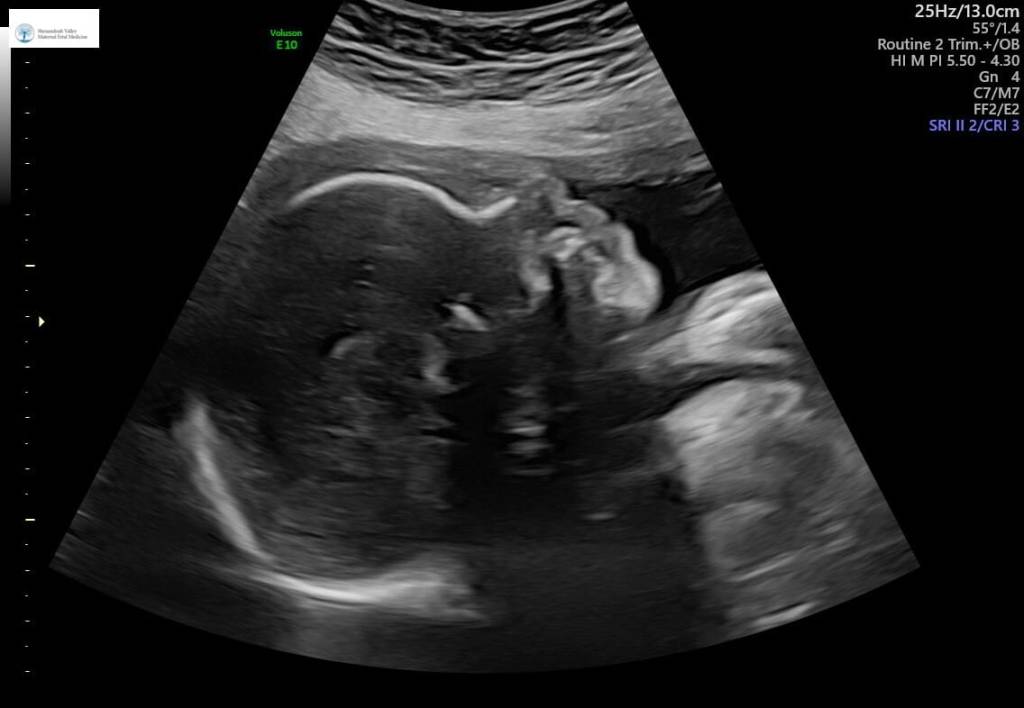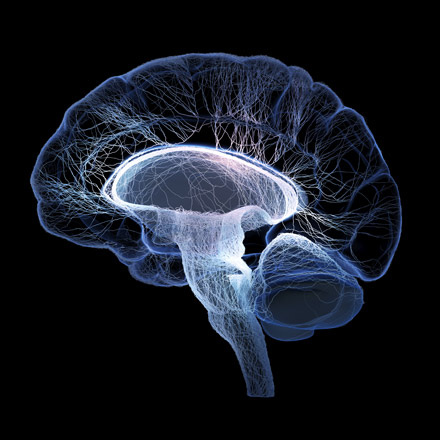Within the next few weeks, I will be traveling on the earthly plane to visit my daughter in Virginia in order to be present for the arrival of a new grandson, and to share in the joy of participating in the activities taking place surrounding the appearance of a brand-new life in our extended family. These events, while clearly taking place in the temporal world and happening as a result of physical processes, point in the direction of a much deeper and more profound threshold of human existence. The technology surrounding the birth of children these days allows us a sneak peek into the miracle that is life.
Inside the tiny skull of this little miracle child, as is the case with all nominally functional developing babies, is a brain that is literally exploding with neurogenesis, (the creation of new neurons) and along with all the other vitally important developmental processes, must proceed along for a sufficient number of weeks in one of the most precarious situations that a human will ever face. The brain in particular requires such a delicate balance of nutrients and life support from the mother that diligent monitoring and optimizing of that environment is essential for a good result.
It is perfectly reasonable to say that the human brain is enormously complex in its architecture and its physiology, and that our current cognitive capacities would not be possible to sustain were it less so to some lower degree. No matter what precise level of complexity and sophistication is necessary to permit what we now enjoy as “human level intelligence,” and which permits the level of cognitive talent evident in modern humans, while it may be possible to calculate by some mathematical formula or to determine through some discernible demonstration of capability, any estimation of what those levels might be clearly would still be insufficient to account for the totality of our experiential awareness provided by our richly textured subjective experience. We cannot enjoy our experience of life without our human brains, central nervous system, and the various sensory and biological support systems being reasonably intact and functional; those are essential in the most profound way to be sure.
What is not so clear, however, is how our physical and biological systems alone might fully explain the fullness of our experience of life, in spite of how reliant we are on those physical systems. Since this is so, neuroscientists, who rightly point out the necessity for our brains to possess a sufficient complexity in structure and function in order to produce our human-level capacities, often avoid any intimation of an additional component or capacity not verifiable empirically. What we have learned about brain physiology and function so far is nothing short of miraculous in a way, but the efforts of the greatest minds of human history have, thus far, been unable to completely unravel the daunting mysteries surrounding our three pound blob of gray matter itself, let alone what might be described as the comprehensive wholeness of the nature of human consciousness.
In my heart of hearts, in the depths of my soul, it is evident to me that there’s a connection between my inner world and the external world. For me, it has always been a tumultuous threshold. While traveling toward it, I often find myself stepping back right before the edge of my inner world, and engaging fully my soul, my spirit, with all that I am, occasionally, also diving head-first into that inner realm, when it felt right to do so. It is always a deeply personal and private moment, where I sometimes encounter the flames of the fire which burns within me. Not truly wanting or expecting to extinguish them, yet also fearing I might be burned by them.

I tremble before the beauty of the natural world. When I am there, it reaches out to me as I reach out for it, consciously and deliberately utilizing every nuance of available sensory perception; the wind against my skin; the warmth of the sun on my face; the scent of the forests, the mountains, or the ocean; the sights which would be nearly impossible to imagine well without standing there; with eyes open, heart open, spirit rising; the cornucopia of sounds which are reliably provided by nature; as well as the strains of the music within me. It all seems to blend in the loveliest way.
If you view this abundant sensory stimulation through the lens of quantum physics or as simply the processing of electrical signals in our heads, activities of an electro-chemical process across vast neural networks in between all the various brain regions, and ions leaping across the trillions of synaptic gaps inside our skulls, you could easily dismiss it all as a cognitive illusion. Our bodies and brains, every tree and every mountain—every component of the entire landscape before you—are each made up of atoms born in distant stars over the billions of years from the beginning of time, and if you reach down through the layers of any substantial physical object or being, to the subatomic level, there is very little difference at the heart of the nature of matter.

Living organisms possess genes, chromosomes, and DNA, which, at a particular level distinguish them from rocks and minerals and each other, and while these differences disappear as you descend to the level of particles, waves, and strings, what occurs when we ascend or travel upwards towards the unified whole of physical matter and organic life, is equally astonishing as we EXPERIENCE the tangible world, viewing the agglomeration of atoms, molecules and substances as solid objects and living beings.

In one sense, since we are not able to experience the quantum world, and can only exist as ourselves when we reside at the necessary macroscopic level, what we see and everything we experience seems to exist in “the real world” of objects and people, but still only presents us with a partial picture of reality, and so may technically qualify as an illusion of sorts, in spite of the perception of what we experience as being real and substantial.
Somewhere within, there is a knowing—a kind of ambiguous feeling—not like being happy or sad, but rather what I think might best be described as a “spiritual feeling;” it is not phenomenal in nature but it is certainly real when we experience it. Much of the literature of psychology generally refers to the psyche as equating to one’s inner world, or “soul,” without implying any religious or cultural value. We recognize our individual inner awareness as belonging to a specific “self,” and some of the elements of our “knowing,” rise to a conscious level, and some remain unconscious.

These terms are often interpreted differently depending on where one begins their evaluation of them, but whatever approach one uses, it generally refers to an awareness of this “self,” and we can either accept it or not that psyche refers to this inner process, and that the “knowing” we enjoy involves both our temporal and psychical systems to allow us to experience our existence. Within these poorly understood processes, in spite of our current inability to verify every aspect of them definitively, every possible source must be considered, in order to make progress toward a greater understanding.
Recently, I’ve begun to understand a little bit better, that what allows me to occasionally cross over the temporal limitations of everyday life to the sometimes intensely potent inner moments, which have occurred throughout my life, may be initiated by some form of natural transcendence, leading to an awakening to levels of being, which do not fit neatly into any sort of empirical framework.

It’s almost like a kind of “spiritual leakage,” in a transcendent moment, allowing it to come into my awareness, like the Hawking Radiation which escapes from the edges of a black hole when nothing else can escape. As I encounter this inner threshold—become alive within it—there is little doubt, at least in those few minutes, that it is a threshold of joy.






Its a big puzzle. I am determined to ignore the pure materialists. Phillip Goff gets it about right for my taste, belief, or whatever one should call it.
I suppose it is like another religion – pan psychism, idealism or whatever name it goes under. That consciousness is somehow primary.
In any event, it feels that way to me and I get an ever keener sense that what we “normally” see is far from all that is.
I hope my beliefs are justified. I feel that they are but who knows. There feels to be some form of immortality out there, some mystery, some “hope” one might say that reality is far stranger than any of us can guess. And that the position of consciousness in the universe is greater than it may seem to us while standing and staring up at the infinite hugeness of the night sky.
Certainly these beliefs make the world a far better place for me. One where I cease to worry about the state of this planet and our species.
A
I think we have to acknowledge that as Henry David Thoreau wrote:
“The Universe is wider than our views of it.”
I suppose even just feeling certain for ourselves that this is true might be enough to satisfy some, but as you point out, the world makes more sense when we look at the world through the lens of wonder, as opposed to the limited materialist view.
There has to be more to it!
Intriguing post! Which is good because from my perspective curiosity is a crack in the cosmic egg
Sent with Proton Mail secure email.
Thanks for stopping by and commenting. The subject is intriguing to be sure and while curiosity may have killed the cat, it seems to me essential.